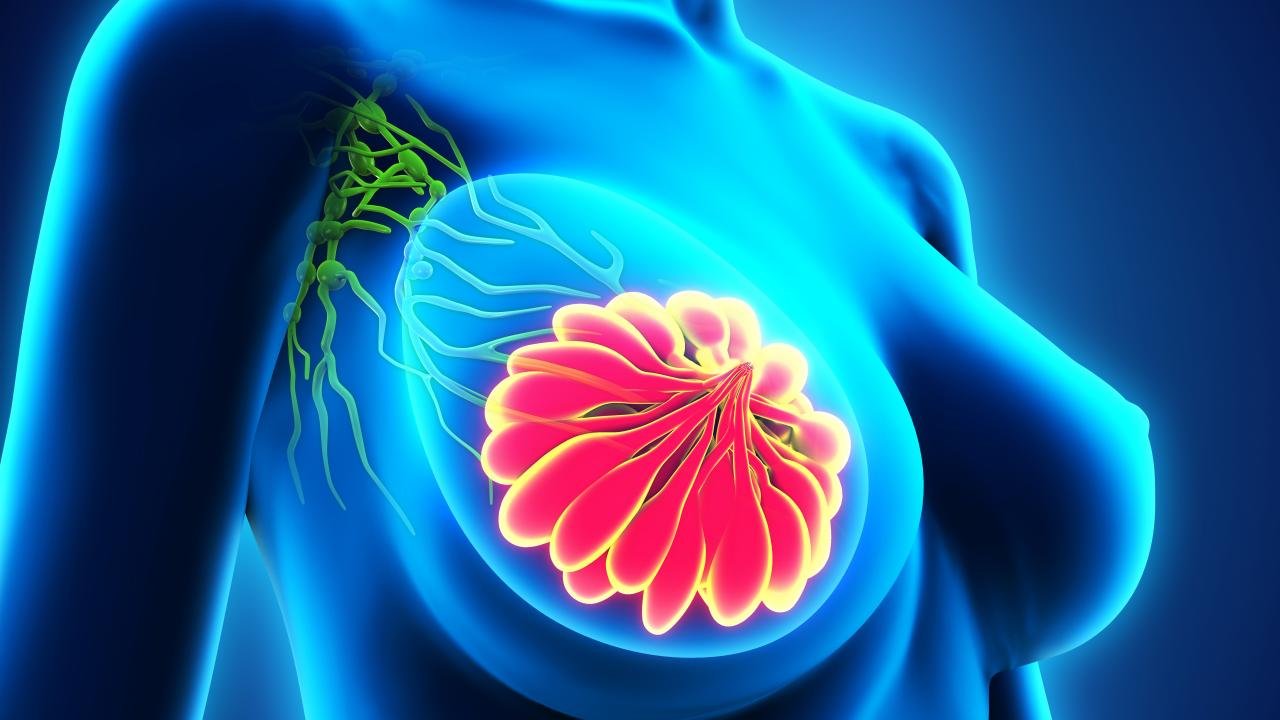
Women whose breasts are composed largely of glandular tissue, rather than fat, have an amplified risk of breast cancer, which exceeds the impact of other widely known risks on a population level, including family history of the disease, personal history of benign lesions and first full-term pregnancy over age 30.
In what is believed to be the first large-scale study to quantify the development of breast cancer according to the degree of glandular tissue, which appears dense on mammogram, versus fat, which appears non-dense, researchers headed by UC San Francisco evaluated risk factors in more than 200,000 women. The participants were aged between 40 and 74 and were enrolled in the Breast Cancer Surveillance Consortium, a research initiative designed to assess the delivery and quality of breast cancer screening. Approximately 18,000 of the women had varying stages of breast cancer, while around 184,000 did not.
Breast density, or degree of glandular tissue, was reported for each woman according to the four categories established by the American College of Radiology’s Breast Imaging Reporting and Data System (BI-RADS). These comprise: category A, breasts composed almost entirely of fat; category B, those with scattered dense tissue but mostly fat; category C, those with moderately dense tissue and category D, those in which dense tissue makes up at least 75 percent of the breast.
The findings were published in the journal JAMA Oncology on Feb. 2, 2017.
Higher BMI Linked to Lower Density
“Typically women with a high BMI have lower breast density, though age is a strong determinant of breast density as well,” said first author Natalie Engmann, a PhD candidate in the UCSF Department of Epidemiology and Biostatistics. “Dense breasts are more common in younger women and most women experience a sharp decline during menopause that continues in the post-menopausal period. However, post-menopausal estrogen and progestin therapy can reverse the decline of breast density with age.”